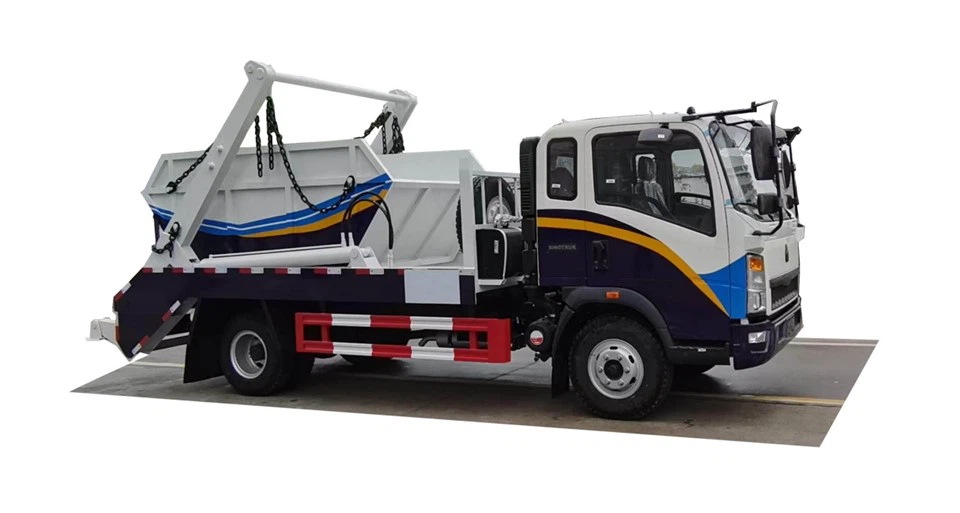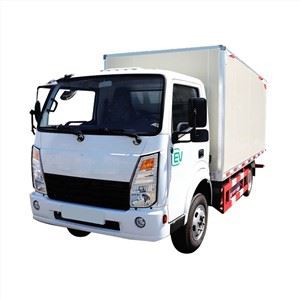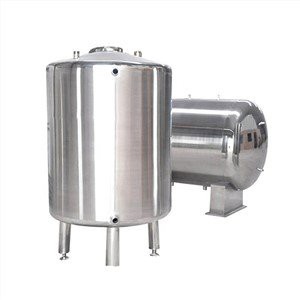Best Time of the Year to Buy an RV: A Comprehensive Guide

Buying an RV is a huge investment, and timing can significantly affect the price and options available. This guide aims to provide comprehensive insights into the best time of the year to buy an RV, including important factors to consider, seasonal trends, and practical tips to help you make the most informed decision.
Understanding the RV Market
The RV Industry Overview
The RV (Recreational Vehicle) industry has seen significant growth in recent years. More people are opting for the RV lifestyle, leading to increased demand. Understanding market trends can help you identify the best buying times.
Supply and Demand Factors
Prices can fluctuate based on supply and demand. During peak season, prices rise due to heightened interest, while off-seasons may present opportunities for better deals.
Key Factors Influencing Timing
Seasonal Variations
Just like other vehicles, RVs have seasonal trends that impact pricing and inventory availability. Understanding these variations can enhance your purchasing power.
Spring and Summer: Peak Season
The majority of RV sales occur during spring and summer when outdoor activities are most popular. Inventory is typically high, but so are prices. Shopping during this time may offer more choices but could cost you more.
Fall: Transition Period
Fall often sees a slight decline in sales as the camping season winds down. Many dealerships look to clear out inventory, resulting in greater discounts for buyers.
Winter: The Off-Season
Winter is generally considered the off-season for RV sales. While inventory may be limited, prices can drop significantly as dealerships make room for next year’s models.
Best Months to Buy an RV
January: Post-Holiday Sales
After the holiday season, many dealerships try to clear out inventory, making January a great month for deals. However, the selection may be limited.
February to March: Tax Return Season
Many buyers use their tax refunds to purchase RVs. As a result, dealerships often promote sales during this period to attract these buyers.
April to May: Preparation for Peak Season
As the camping season begins, RV dealers start stocking up inventory, which can drive prices up. While you can still find deals, they may not be as favorable as earlier months.
June to August: Busy Buying Months
This is the peak camping season, and prices are at their highest. If you can wait until the end of summer, you may find better deals as demand decreases.

September to October: End of Season Sales
This is one of the best times to buy an RV. As the camping season closes, many dealerships offer promotions and discounts to clear inventory before winter.
November to December: Year-End Sales Events
Dealerships are often eager to hit year-end sales goals, making November and December excellent months to find significant discounts.
Types of RVs and Their Seasonal Trends

Motorhomes
Motorhomes often see the most activity during peak season. Buyers may find better deals in the fall as dealerships aim to move inventory.
Travel Trailers and Fifth Wheels
These types of RVs tend to see slower turnover. Late summer to early fall can be particularly advantageous for these purchases.
Class A, B, and C RVs
Class A vehicles are luxury options that may not see as much fluctuation in price, but there can be significant savings during off-peak months for Class B and C RVs.
Negotiation Tips for RV Purchases
Do Your Research
Understand market prices for different types of RVs. Websites, forums, and local dealerships can provide valuable insights.
Visit Multiple Dealerships
Check at least three different dealerships to compare prices and inventory. This knowledge gives you leverage during negotiations.
Timing Your Purchase
Shop at the end of the month or the end of the year when salespeople are eager to meet quotas.
Financing Options for RV Purchases
Types of RV Loans
There are several financing options available for RV purchases, such as traditional bank loans, credit unions, or dealer financing. Compare interest rates, terms, and conditions carefully.
Before You Apply
Check your credit score to ensure you’re getting the best possible interest rate. Aim for a score above 700 for favorable financing options.
Maintenance Considerations When Buying an RV
Understanding Ownership Costs
Cost of ownership includes maintenance, insurance, and storage. Consider these ongoing costs when budgeting for your RV purchase.
Pre-Purchase Inspections

Get a comprehensive inspection done on any used RV to identify potential issues before finalizing the purchase.
Future Trends and Predictions in the RV Market
The Impact of Electric RVs
With advancements in technology, electric RVs are starting to emerge. This trend may change the seasonal dynamics of RV sales in the near future.
Growing Popularity of RV Rentals
The rise in RV rentals may also affect purchases as more people opt for temporary ownership over permanent investments.
FAQs
1. Is it really cheaper to buy an RV in the winter?
Yes, winter is often considered the off-season for RV sales, resulting in lower prices as dealerships seek to clear out inventory.
2. Should I wait for the end of the month to buy an RV?
Buying at the end of the month can be beneficial as salespeople may be more willing to negotiate prices to meet their quotas.
3. What type of RV is the best for beginners?
Travel trailers and Class B RVs are generally more manageable for first-time buyers due to their ease of use and lower price points.
4. How can I finance my RV purchase?
You can finance your RV through banks, credit unions, or dealership financing. Compare interest rates and terms for the best deal.
5. Are there additional costs associated with owning an RV?
Yes, consider costs for maintenance, storage, insurance, and fuel when budgeting for your RV purchase.
6. How do I negotiate the price of an RV?
Do your research on market prices, visit multiple dealerships, and be prepared to walk away if the deal doesn’t meet your expectations.
